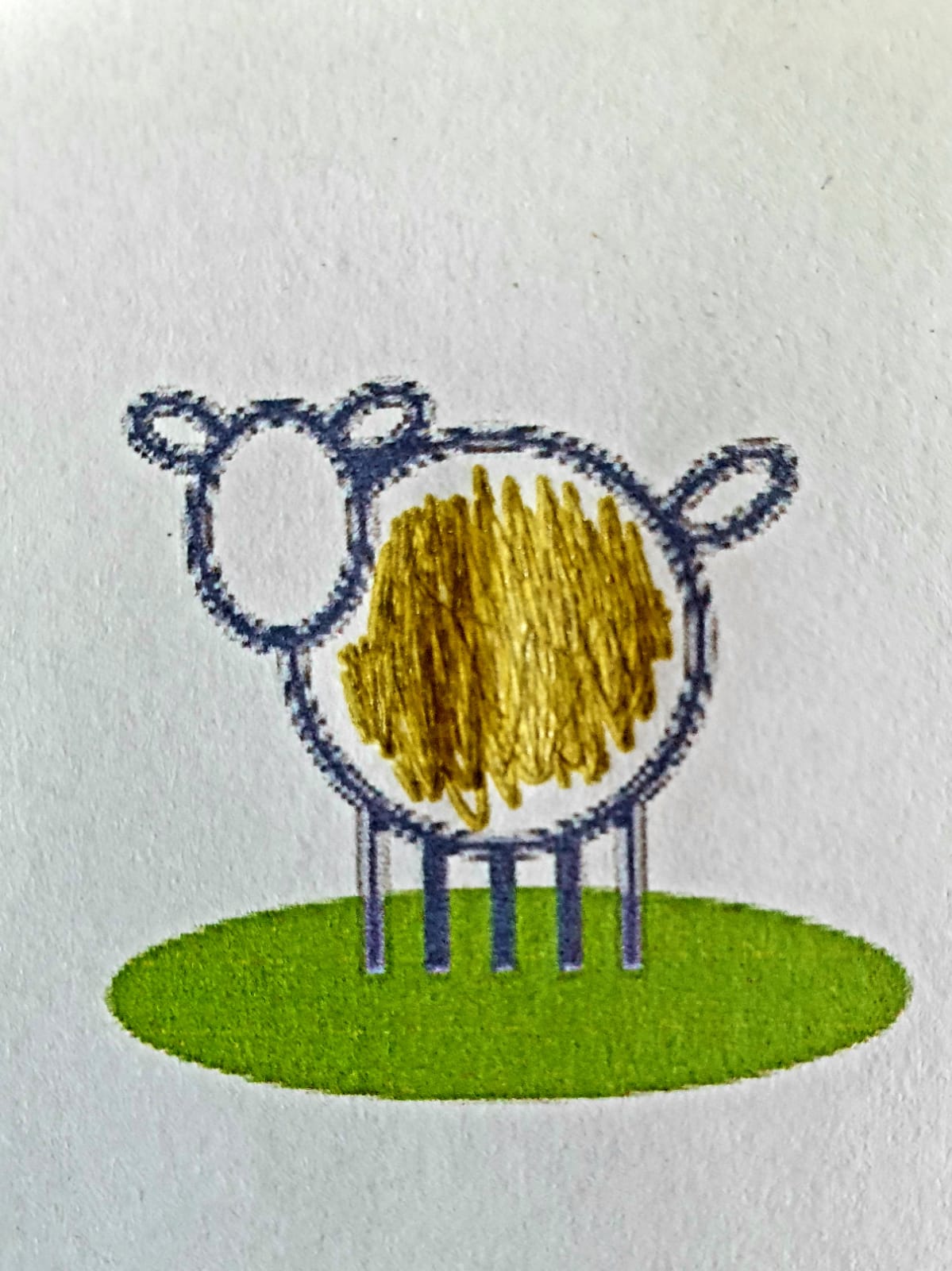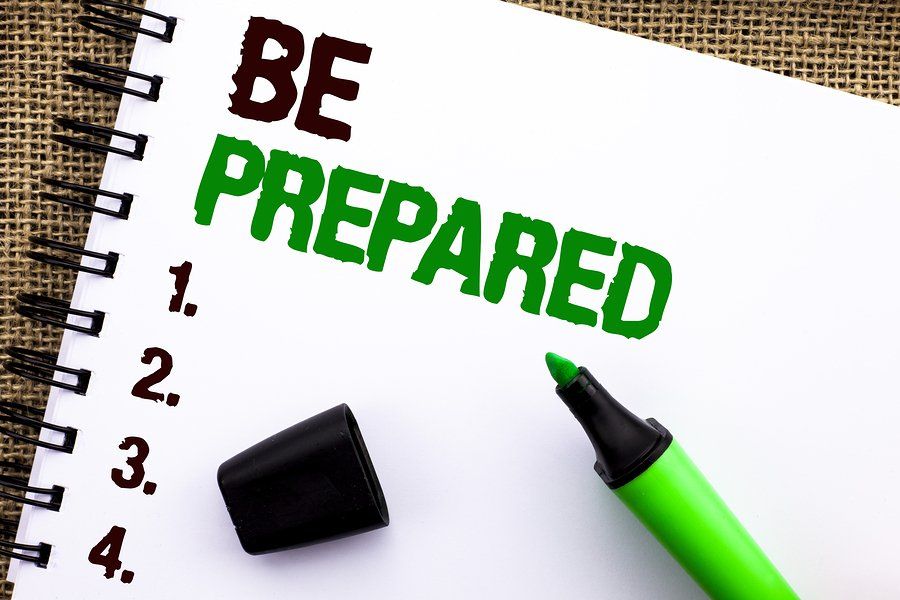Blog: Enter your job interview well prepared: STAR(S) & Personal pitch
STAR(S) & Personal pitch
A bit of a seasoned interviewer will not only want to hear from you whether you have a certain quality in house, but will also want to test that against successful examples from your daily practice. In this way he or she prevents you from giving socially desirable answers, because of course you have that quality in house when asked about it... ;)
How does the STAR work?
If you are asked to come up with one or two practical examples showing that you have the quality that the interviewer is looking for for the vacancy, the interview technique works as follows: STAR(S) stands for Situation Task Action Result and Sustainable!
An example
Suppose that the vacancy text asks for the competence 'bridging'. You prepare two situations for the selection interview in which you have played a mediating role and tell the interviewer how you did it using the STAR method. The Situation in which this took place (private? work situation? Who were involved? What was the context in which it took place?), your specific Task (did you accidentally pass by or was it your role in a planned conversation?). What solution did you come up with and what did you do? What was your Action? (describe your action). The Result of your actions (was the conflict lulled? Did parties come to a solution/compromise? Did you need a third party intervention to achieve the desired result?). Sustainable is the conclusion: is your action and the result sustainable, or are the parties back together again?
If you prepare two examples for each requested quality in advance, you will not be too overwhelmed by the questions to explain them. And, even smarter: also prepare examples of qualities that you have put on your CV yourself.
And what does the STAR add for you?
To let your own story (your life and work experience) live, you need to be able to "live" in your story! You can make your CV truly personal by zooming in on each work experience, practicing your story and making it your "own". Making a personal pitch for each competency (I will explain what is meant by that), helps you to talk more easily about your experience and qualities and to sell yourself to a potential employer.
Giving a personal pitch
A personal pitch is nothing more or less than being able to formulate it briefly:
- who you are
- in which functions you are of added value to the organization
- what you need from your interlocutor
Whether it's a coffee conversation, you want to know more about an organisation or function, or you want to know how someone experiences working in his/her function: being able to tell briefly and concisely what you can do for the other person and what you need from the other person, always works! Such a pitch comes in handy everywhere: at your neighbor's birthday party (as soon as that's allowed again), when you walk your dog in the park and have a conversation with another dog owner, at a network meeting, and even in the elevator (that's where the term elevator pitch comes from, you only have about 1 minute to get to the point!).
If you have the answers to those three questions clear to yourself, you can practice this with for example your partner, colleague or a friend who can give you honest feedback!
And, don't forget: stay with yourself, use your own words, then you will come across as honest (at least with me!).
Jet











